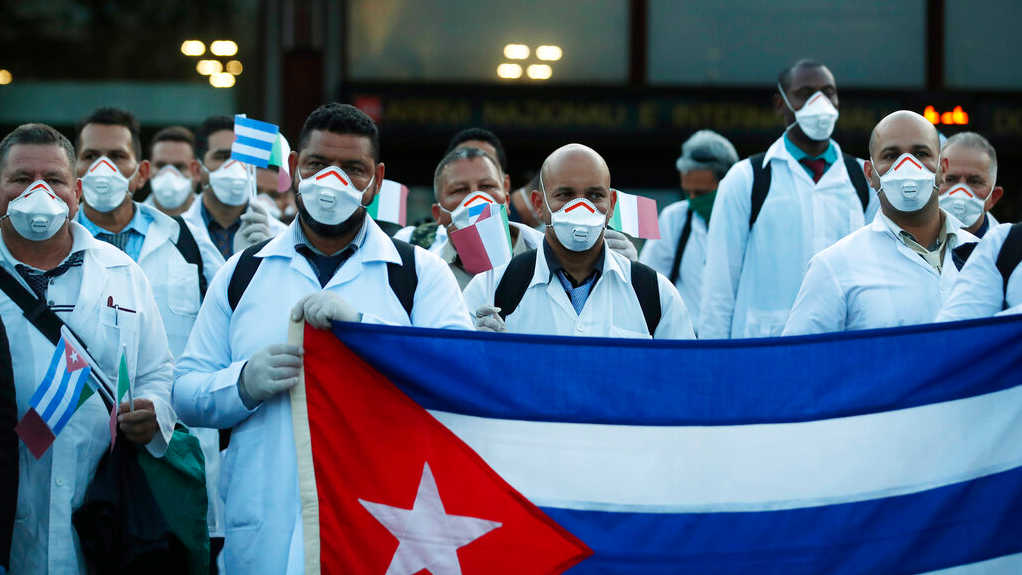For decades, the idea of development aid has been debated and marred by controversies. The current pandemic has further divided the conversation, opening up a Pandora’s box, overhauling the meaning attributed to development aid. First, the word, aid, is considered problematic and faulty as it seems stuck in a time warp. Highlighting the international governance of the 20th century, aid reflects the domination of a handful of rich countries, particularly from the Western world who take precedence in decision-making. Cut to the 21st century where the governance landscape is undergoing a change with the emergence of democratic values, where small and poor countries hold the potential to bring a decisive change in the system, where the rise of the South is believed to be the new normal, where civil society has moved away from the periphery to the centre, and aid has a new dimension added to it. The words, cooperation or assistance or even partnership, appear more suitable now.
The journey from aid to cooperation has been nothing short of difficult. Interestingly, in these times of the coronavirus, those countries that have traditionally been categorized as middle-income countries are now taking centre stage by offering assistance to the more advanced countries. For example, China shipped essential health supplies, including respirators and protective suits to Italy and Spain earlier this year. This trend, or more specifically, the rise of the South is now being gradually considered as the new normal.
In fact, the arrival of ‘emerging’ donors is slowly shaking up the international development architecture for the better. In this context, India has invariably remained at the forefront by providing development assistance to countries in its immediate neighbourhood and beyond even before it achieved independence. For example, cooperation on humanitarian grounds has been continuously extended by New Delhi to countries affected by disaster, especially to Mozambique, Nicaragua, Libya and Myanmar.
New opportunity
Experts stress how development assistance has been an integral part of India’s foreign policy even before Covid-19 arrived on the scene whereby the meaning of development is aligned more with the global good than charity. It is believed that the coronavirus is likely to open up a world of opportunities for India, spurring a wave of international cooperation. The post-Covid-19 scenario carries the potential of shouldering the weight of multi-alignments between different actors as development cooperation spearheaded by the South will gradually take the spotlight.
Even though it is too early to predict how the states might behave in the coming months, it would not be completely wrong to anticipate that the trade rules in the post-Covid-19 world will be slightly altered. Since 2013, Chinese investments in the Belt and Road Initiative-affiliated nations have been viewed with suspicion. It has also been noticed that several of these developing countries have fallen into a debt trap by taking on loans which they find difficult to repay. Given the hostility China has been facing owing to the origin of the deadly virus, many countries will either be wary or sceptical of welcoming investments from Beijing. This opens up a new realm for New Delhi’s development cooperation initiatives in South Asia.
This borderless crisis faced by the international community today asserts the fact that no country can fight this pandemic in isolation. Emerging new trends in the arena of development cooperation increasingly suggest that an amalgamation of both developing and developed countries could bring about sustainability. Countries which cooperate and contribute financially can also receive funding since nation states at different trajectories of development need support. The coronavirus pandemic has taught us that global solidarity is not just philanthropy but it is fundamental to our very existence.










